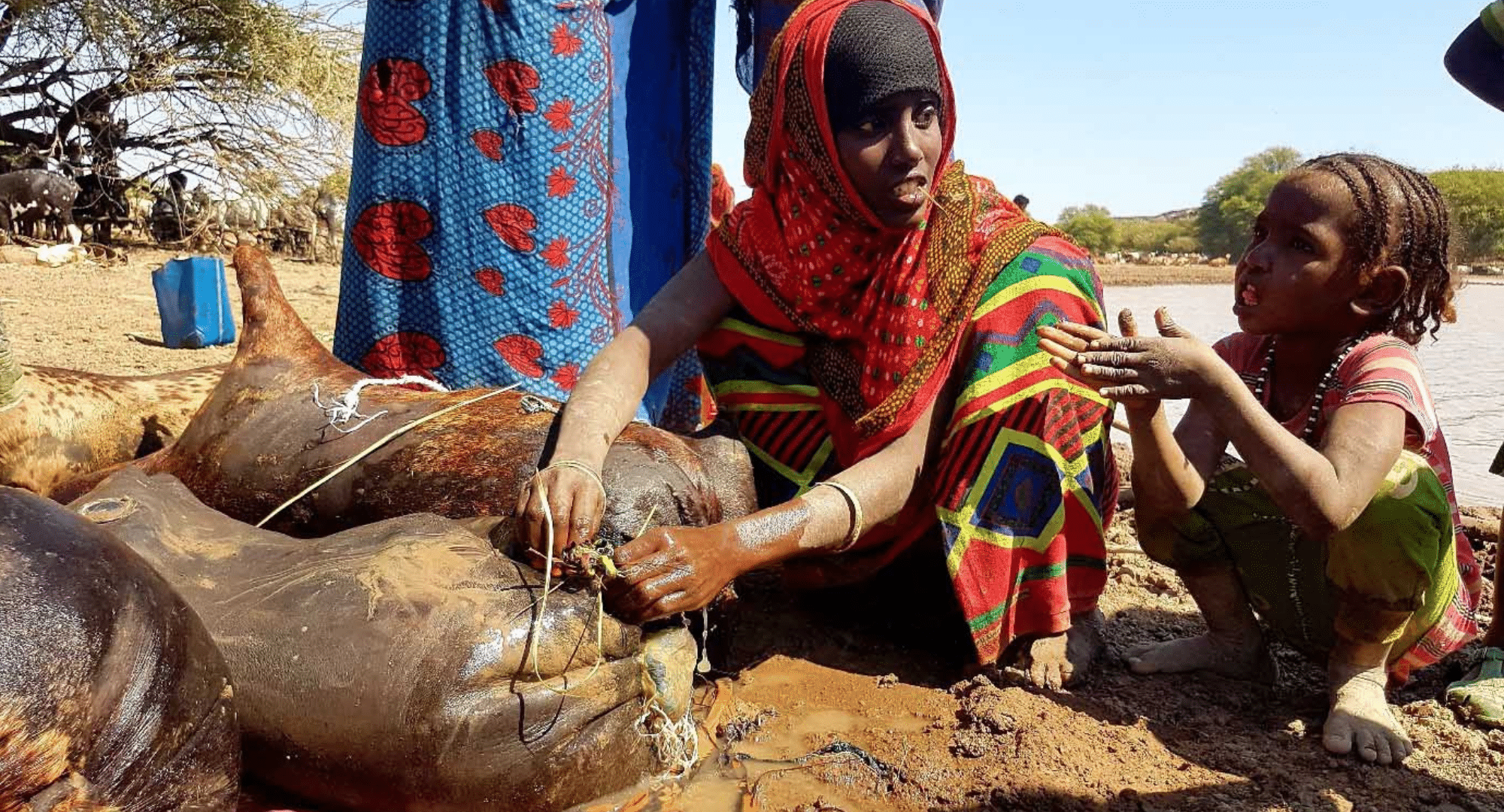
Afar Pastoralist Development Association
Australian nurse Valerie Browning first went to Ethiopia in 1973. In 1989 she married Ismael Ali Gordo, an Afar leader, and since then has been living with and serving the Afar people. In 1993 she and Ismael joined with other leaders to form the Afar Pastoralist Development Association (ADPA), which continues to be run by and for the Afar people. APDA was established because Afar leaders felt their needs, particularly around health and education, were not being met by formal government services that did not consider the unique geography, climate, culture and lifestyle of the semi-nomadic pastoralist Afar people.
Anglican Overseas Aid has been partnering with Valerie Browning and APDA since 1997, supporting both humanitarian relief and a variety of community development programs to help the Afar people.
APDA works on a variety of projects to contribute to the development and wellbeing of the Afar people, many of them focusing on vulnerable women and children, including mobile health and vaccination, climate change adaptation and mitigation such as water provision and harvesting, maternal and child health activities, and education for Afar children.
APDA also supports projects to help people with their livelihoods such as improving animal husbandry and protecting and managing the resilience of the unique Afar environment. In all their projects, APDA works with communities to build relationships and knowledge so that the Afar people can take the lead in their own development. APDA also undertakes relief work in times of crisis, such as drought, famine and conflict.





